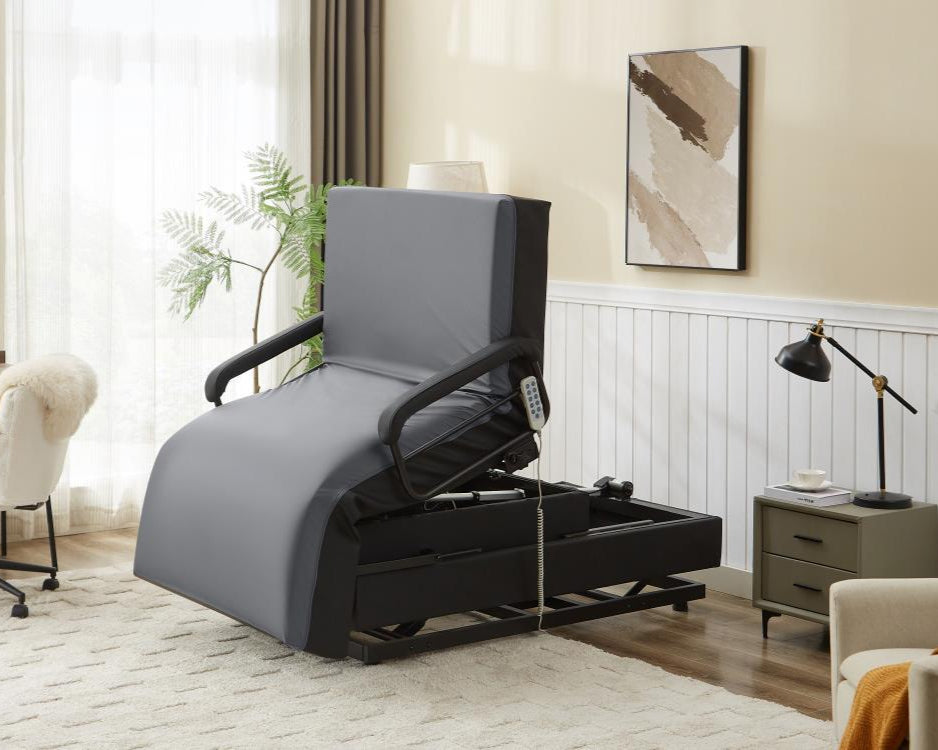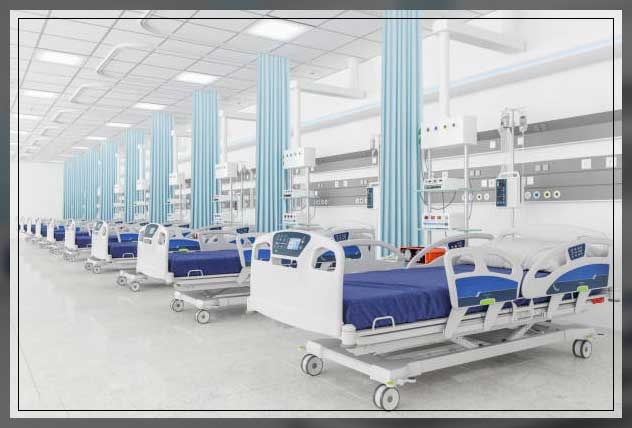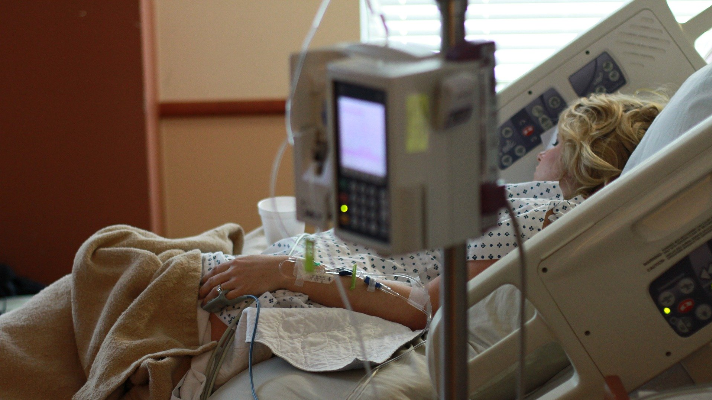The Ultimate Guide To Hospital Beds For Home Use
The Ultimate Guide To Hospital Beds For Home Use
Blog Article
The 3-Minute Rule for Hospital Beds For Home Use
Table of ContentsThe smart Trick of Hospital Beds For Home Use That Nobody is Talking AboutThe Main Principles Of Hospital Beds For Home Use The Hospital Beds For Home Use StatementsNot known Details About Hospital Beds For Home Use Hospital Beds For Home Use - TruthsHow Hospital Beds For Home Use can Save You Time, Stress, and Money.The Only Guide to Hospital Beds For Home Use
There are three primary kinds of health center beds: guidebook, semi-electric, and fully-electric. Nonetheless, even more types of clinical beds exist and they are listed below. These beds utilize hand cranks to adjust the bed's elevation and increase and decrease the head and the foot. Hand cranks are usually located at the foot of the bed and require a person that is literally efficient in operating.
Semi-electric beds have an electrical motor to elevate and reduce the head and foot parts of the bed. Individuals and caretakers change the positioning by pressing buttons utilizing a hand necklace. The height of the bed is adjusted by hand with a hand crank. Full-electric beds have an electrical motor that can raise the head and foot areas of the bed along with the entire height and positioning of the bed.
Getting My Hospital Beds For Home Use To Work
Some designs can also relocate right into more placements, such as the Trendelenburg (tilt) position. There are several kinds of health center beds, each created to fulfill details person demands. Right here are some common types: This is one of the most usual sort of health center bed, designed for general clinical use. It has a manual or electrically flexible headrest, footrest, and elevation.
Reduced to the ground than a conventional bed. This kind of bed is designed for larger people, with a broader structure and greater weight ability than a standard bed. This kind of bed is created especially for youngsters, with smaller sized dimensions than a standard bed. Special functions such as full length side rails and anime design.
This sort of bed is designed for critically sick people that require open monitoring and specialized medical devices such as ventilators and infusion pumps. This type of bed is created for use throughout labor and delivery, with adjustable settings and functions to sustain the mom and infant throughout the birth process.
3 Simple Techniques For Hospital Beds For Home Use
Multiple function and the accessories perform increasing traction to different parts of the vertebra and the extremities without relocating the body. These are just a couple of instances of the sorts of healthcare facility beds available. The particular kind of bed utilized will depend upon the individual's condition, clinical demands, and other factors.
Here is the point you require to recognize. A one-function medical facility bed is a clinical bed that allows a client to relocate only the head or foot section up or down. A 2 function health center bed commonly refers to a sort of medical bed that has 2 flexible functions to assist individuals in medical facilities or treatment facilities.

Hospital Beds For Home Use - The Facts
A 7-function ICU bed is a sort of medical bed that offers several adjustable functions to support critically sick patients in an intensive treatment device (ICU) (hospital beds for home use). The 7 features usually consist of: Back-rest change: The back-rest can be adapted to various angles to aid the patient stay up or rest conveniently
Height adjustment: The bed can be elevated or decreased to make it easier for clients to enter and out of bed, and for caregivers to give care. Trendelenburg setting: The whole bed can be slanted to promote blood circulation and blood circulation in the body. Reverse Trendelenburg placement: The bed can additionally be tilted in the contrary instructions to promote blood flow and flow in the upper body.
While more economical than electrical versions, these beds call for physical initiative for modifications. The main advantages of hands-on beds are their price and reliability, as they do not depend on power. The requirement for hands-on initiative can be a restriction in situations where quick modifications are needed or where caretakers encounter my response physical difficulties.
See This Report about Hospital Beds For Home Use
Semi-electric medical facility beds provide a balance of handbook and electric controls. These beds offer an ideal center ground in between guidebook and fully electric choices, using convenience of usage without the complete price of electrical versions.
Semi-electric beds are fit for patients who need moderate adjustments to the head and foot sections yet can take care of without frequent elevation adjustments. This makes them an affordable More Help service for those seeking convenience and comfort without the need for constant repositioning. Totally electrical healthcare facility beds include electrical controls for seamless changes to the height, head, and foot sections.
Specialty health center beds, such as ICU beds, long-lasting care beds, and bariatric beds, are carefully made to address certain medical requirements. These beds use tailored treatment for diverse patient groups, improving both end results and comfort. In the adhering to areas, we will certainly discover the major kinds of specialized healthcare facility beds, detailing their certain benefits and applications.
With years of experience in manufacturing electrical straight actuators - hospital beds for home use and close partnership with the medical care industry, TiMOTION is well-positioned to supply reputable healthcare solutions. Our vertically incorporated business manages every step of the manufacturing procedure, from design to actuator setting up, ensuring we provide extraordinary value and tailored services customized to your certain demands
Unknown Facts About Hospital Beds For Home Use

To read more regarding integrating these modern technologies into your products, contact us today. More analysis:.
Data is sourced from the Medicare Expense Record. Accessed January 2025. Short-term intense care hospitals have the highest possible average variety of beds at 187. They are one of the most typical sort of hospital in the united state and comprise greater than 50% of U.S. hospitals. Kid's health centers have 178 beds on average and VA healthcare facilities ordinary 175 beds.

The Facts About Hospital Beds For Home Use Uncovered
A healthcare facility bed is a bed made particularly for medical functions. It is not only an area for clients to rest, yet additionally a system for medical procedures. Unlike regular home beds, healthcare facility beds generally have flexible functions, which can facilitate clinical personnel to make various modifications according to the needs of patients, such as transforming the height, disposition, and support angle of the back and legs of the bed.
Report this page